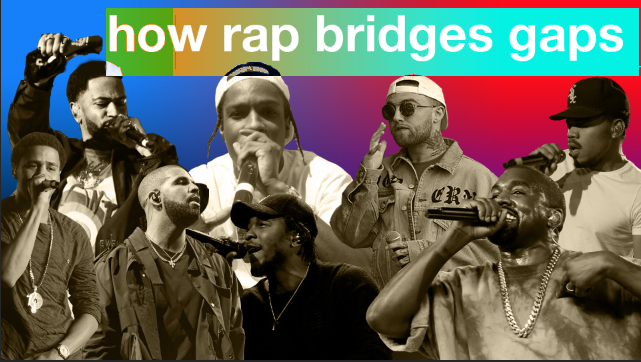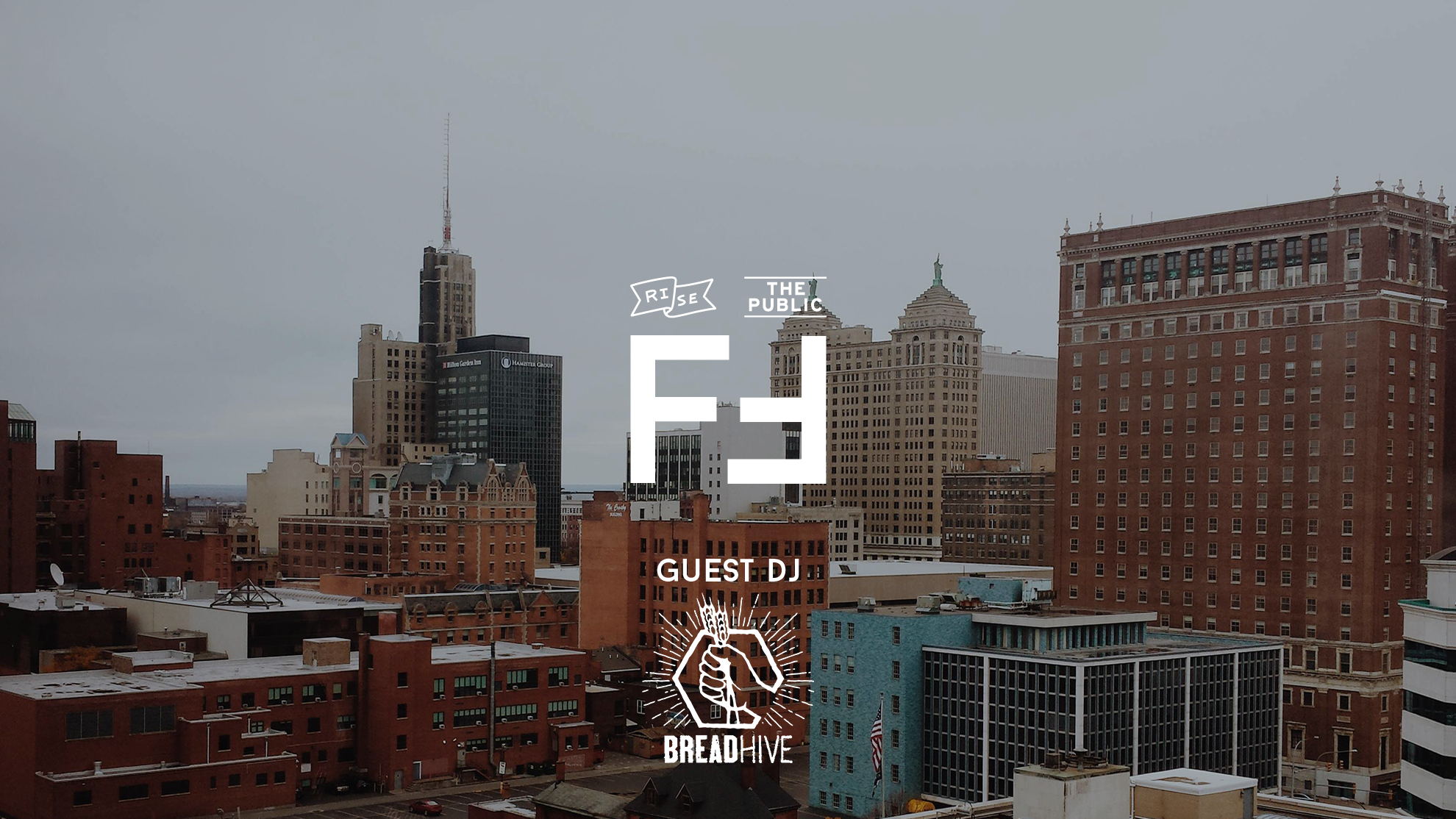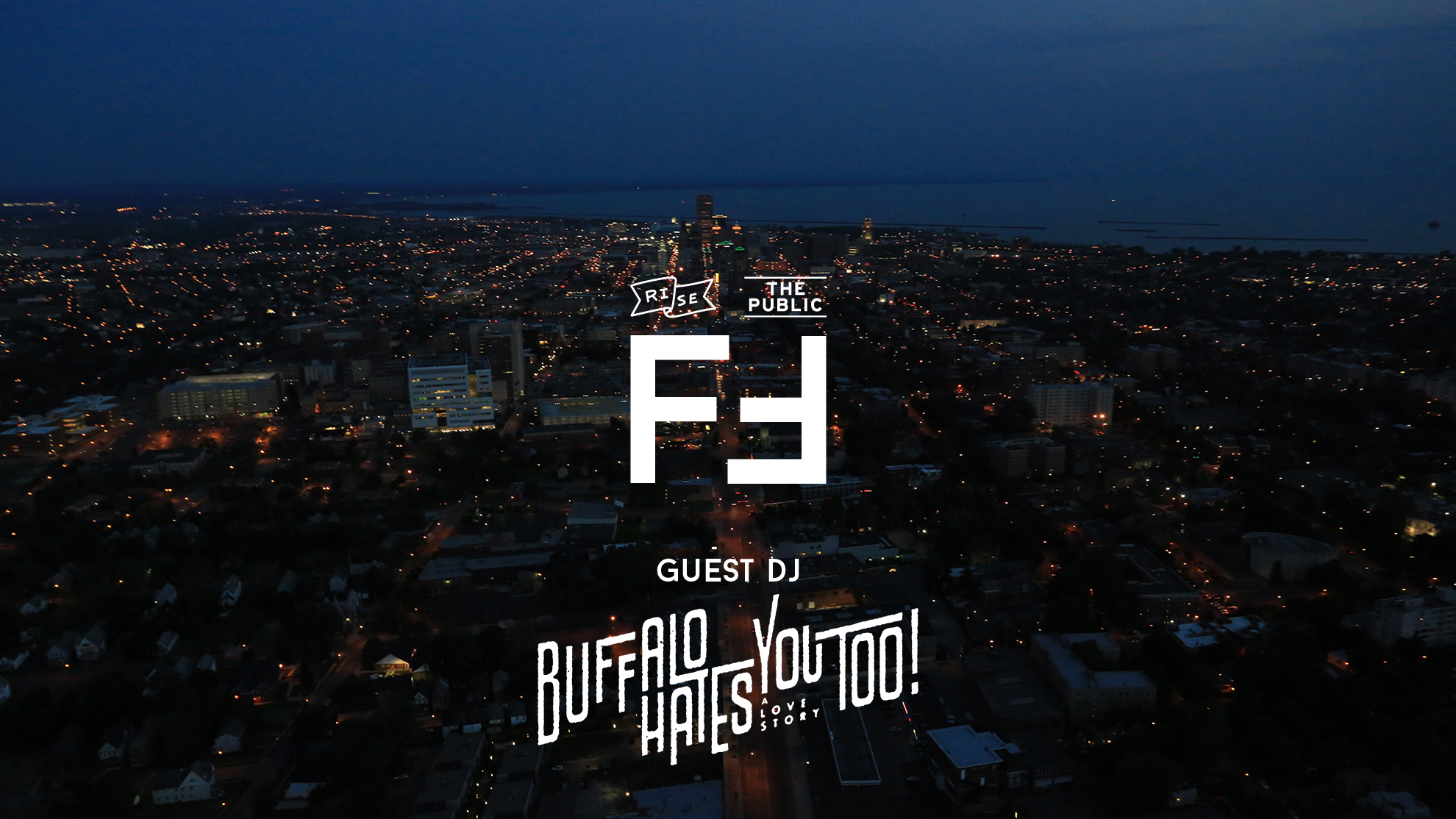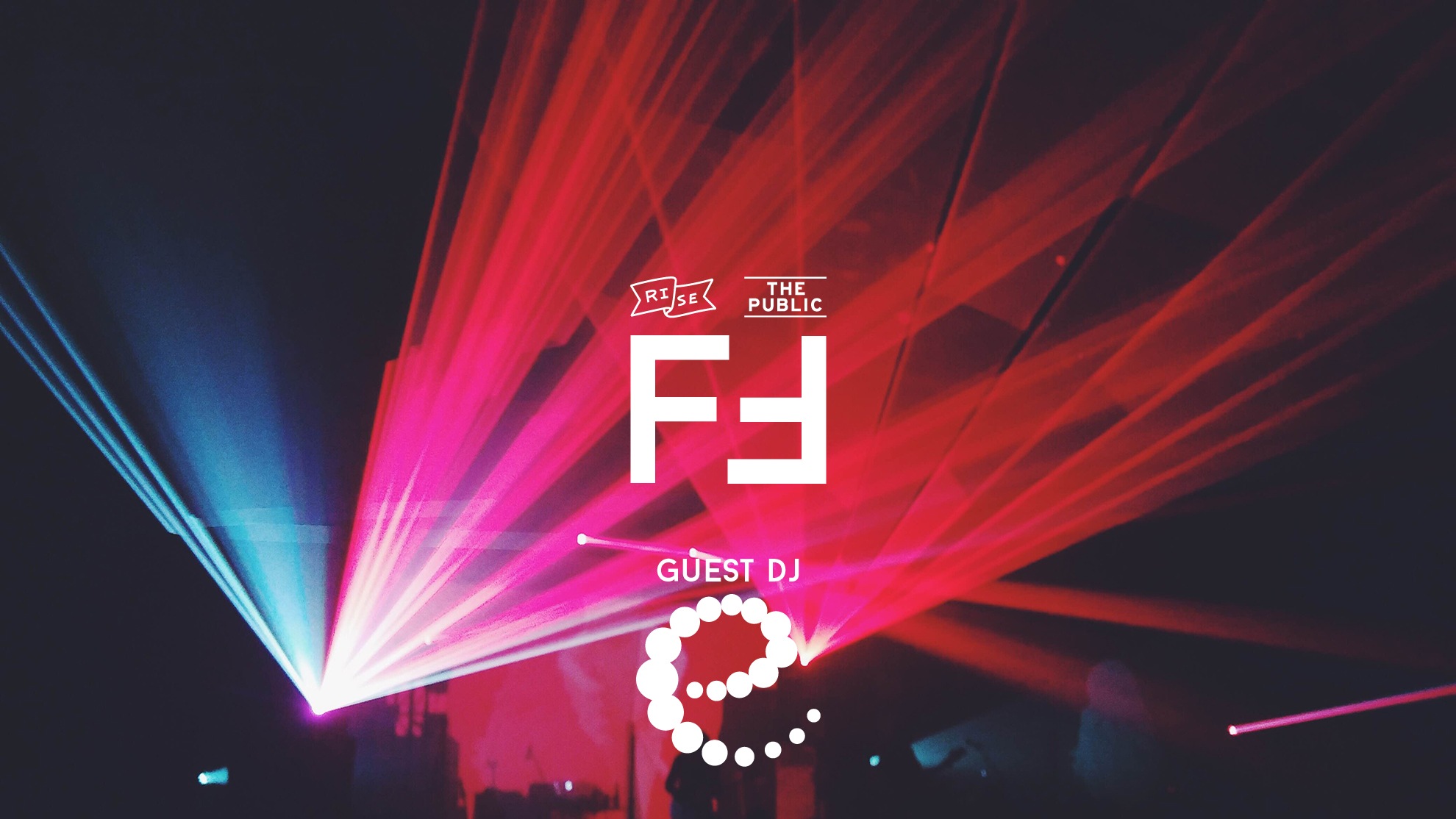Author: John Cole (Not the rapper J Cole), Rise Intern
All my favorite songs from high school ^^
How Rap Bridges Gaps
In elementary school, I started listening to rap music. As a sheltered child, it was my outlet to rebel. I would untuck my catholic school shirt and push the play button on my second generation iPod Nano. Usually it was the newest Lil Wayne that I was jamming through my headphones, honestly anything that would piss my parents off if they heard it would suffice. As I matured, I began to notice new messages in the lyrics.
Hampton Roads, AKA the 757 is not only my hometown, but a breeding ground for great hip-hop artists. Pharrell, Pusha-T, Missy Elliot, D.R.A.M, Timbaland all hail from our region of south-east Virginia. It is much like Buffalo in that there are many cultures, perspectives and lifestyles within its borders. As a result, my childhood was full of interest in other cultures and their music.
I reside in VA, ride in VA
Most likely when I die, I’m gon’ die in VA
Virginia’s for lovers, but trust there’s hate here
For out-of-towners, who think that they gon’ move weight here
Clipse-Virginia
As high school approached, the hype factor still played a role in my attraction to rap. Similar to my years in elementary school, I still wanted to feel badass when I walked through the hallways of Bishop Sullivan Catholic high school. Rap gave me that feeling. While the lyrics told a story, the beat evoked emotion.
Zero in on the target like a marksman, the target is you
I’ll shut your lane down, if you can spot the parked in at 2
Arsenic flower, lighter fluid, saliva what can you do
Go get your crew, hype you up, stand behind you like “woo”
That boy’s hot enough to melt hell, burn Satan too
Fry his ass and put his ashes back together with glue
Cinderella Man-Eminem
Anti-establishment was a stance that I embraced (whether I knew it or not). For myself, it was school. However for my friends it might have been family, or work. Kanye West might have been attacking his critics, while J. Cole was exposing the educational system. It wasn’t necessarily about the cultural divide, it was the nature of the music. It was about the emotion we could relate to.
As the term millennial gained popularity, so did its negative connotations. This only encouraged the arrogant attitude that my generation found and embraced through rap. Besides, who can’t listen to a Yeezus beat without becoming untouchable?
Y’all ’bout to turn shit up
I’m ’bout to tear shit down
I’m ’bout to air shit out
Now what the fuck they gon’ say now?
Kanye West–New Slaves
Insecurities plagued me throughout my high school experience. The relatable songs were my favorite, Drake’s words about a crush framed the story of my own trials in romance. J. Cole rapped about his insecurities for the future. My insecurities were reflected in the music.
Seems like I always had crushes on chicks I couldn’t have
And then I end up fuckin’ with someone I shouldn’t have
See, in my mind, it’s like I’m perfect for her, I gotta show her
But sadly, in reality, dog, I don’t even know her
But still somehow she got my mind infatuated
Absolutely fascinated
With the thoughts of what she might be like
Time after time after time I had to wait and
Is fate procrastinating’?
I can take it ’cause I might be right
J. Cole–Dreams
The great thing about rap and music in general is its ability to breakdown cultural barriers. While my life might have been completely different from that of my black friends Kiante and Ladarius, these songs touched on things we both experienced.
Beyond the gateway songs that pulled me in, came songs I couldn’t relate to personally, but taught me something. Stories of broken homes, police brutality, poverty and other things I hadn’t experienced directly filled the lyrics. I started to learn about difficulties that accompany growing up less fortunate, or being labeled because of your skin color.
Uh, the only hope I had was selling dope
Was on my grind cause times were harder than the cellar floor
My momma taught me never steal and never tell on folks
I grew up looking at the n***** that was selling coke
Oh, I was raised by the stop sign
Ambition-Wale
Rap artists are a prime example of the creativity, hard work and passion that accompany the communities many, but not all of them, were coming from.
I grew up with a few black friends, but then I started my college career at Louisburg College. Located in rural North Carolina, this two year junior college offered a unique experience. At the time I was attending, the school was about 70% African American and 30% caucasian/other. It was rap that built a bridge helping me transition into school and making new friends. Whether it was simply jamming out during car rides to the local Walmart, or arguing over a rapper’s best work, I could always count on rap to get a genuine conversation started.
A friend of mine, Tim, would take my friends and I to his hometown Fayetteville, North Carolina. This was also the hometown of J. Cole, one of my favorite rappers if you couldn’t tell by now.
If that, the rest of you n**** get lapped, I sit back
And reflect on the rap game
I came from out of nowhere
N****, I swear them lames ain’t know how to prepare
Got n***** shouting out “The ‘Ville, (Fayetteville) I gotta go there”
Boy don’t you know you get shot over there?
Back to the Topic-J.cole
Everything came full circle when visiting Fayetteville. I heard J. Cole’s experiences through his lyrics and then saw his hometown with my own eyes. Listening to the words and imagining where they come from is one thing, but the opportunity to enter the content of where the artist’s experiences happened is quite another. Rap is still fun and entertaining to me, but if we don’t live it, we can never fully understand the experiences being written about. But we can listen, and try.
Mixtapes to Mention:
Friday Night Lights
The Warm Up
K.I.D.S
Kush and OJ
So Far Gone
No Ceilings
Dreamchasers




